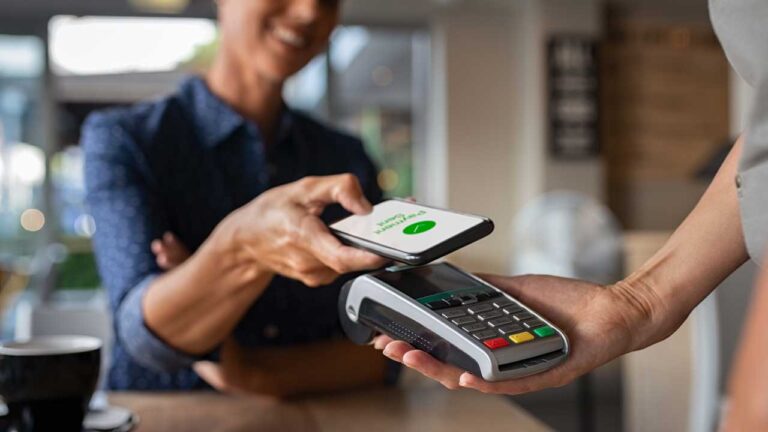5 mistakes you’re making in fraud prevention

1. You’re not capturing transactional data.
We say it all the time, and we will continue to until it sinks in. Merchants need to capture key data on each transaction, including customer identity, order details, and user login logs. Not only does this information enhance your understanding of your customers, it can also help you reclaim revenue lost to friendly fraud.
When a customer files a chargeback claiming goods or services weren’t rendered, your data will show if this claim is true. For example, if you can match the customer IP to login logs that show engagement with your product or support, you can refute their claims. ChargebackHelp can help transform that data into compelling evidence to fight chargebacks and win.
But you can’t win if you don’t keep this data.
2. You’re not fighting friendly fraud.
That said, you also can’t win if you don’t fight. Friendly fraud is a growing problem in CNP transactions, and merchants should be doing everything they can to keep their heads above the rising tide. Passively accepting chargebacks from friendly fraud depletes your revenue and your reputation with the banks.
Think of it this way: if you buy yourself something nice, then get your money back with just a phone call to your bank’s overseas call center, would that be the last time you do that? No. Friendly fraudsters will strike again if they know they can get away with it.
The banks have their own takeaway when a merchant doesn’t dispute their chargebacks ever. To them, you may look like a bad merchant, with customer service issues.
3. You’re not reading your bank statements.
Yes, we all do it at home, the statements either go unopened into a file somewhere or worse, the “circular file.” But those statements are peppered with pearls of insight and salted with unexpected costs or fees. All it takes is thirty minutes.
Use your merchant statement to calculate your fee percentage (total fees divided by overall sales), your fee percentage by card type, and your monthly chargeback ratios.
All of these things fluctuate from month to month and can take a turn for the worse if you’re not on top of them.
4. You’re relying too much on automation.
While you have that statement out, manually review your declines. On average, merchants lose five times more revenue to false positive declines than to chargebacks. Catching fraud in your gateway is a constant work in progress, and it requires manual review to improve.
For example, a high dollar purchase may be flagged for possible fraud, but it also may be a perfectly legitimate sale, one you don’t want to lose out on. A new customer from an entirely new geo can be a potential fraudster, but may also become a lucrative new market to reach.
You’ll need to dig a little deeper into your declines to make sure the good purchases go through and the bad ones do not.
5. You’re fighting fraud alone or in-house.
Fraud is on the rise, and becoming increasingly more complex. As a merchant, you’re selling goods and services; you’re not in the business of fighting fraud and chargebacks. And rightly so, you should be focused on running up those sales and taking care of your customers.
That’s why it is imperative to have ChargebackHelp in your corner. If you are a merchant in a high-risk sector of ecommerce, it is far too easy to over-spend and over-defend against fraud. ChargebackHelp can provide the right balance of fraud prevention, chargeback management, and expertise, all for a fraction of the cost of an in-house fraud shop.








